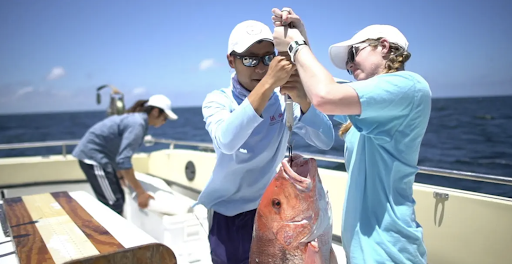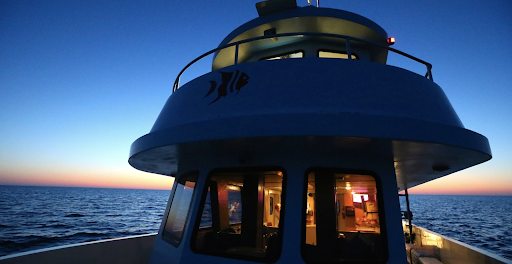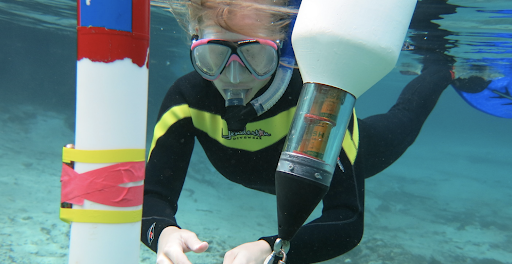Welcome to Stokes School of Marine & Environmental Sciences Home Page
The University of South Alabama has a history of investment in marine sciences education and research, supporting a faculty of renowned experts in a range of marine-related disciplines. Located on the Gulf Coast, students gain field experience in many diverse habitats such as the Mobile Delta, Mobile Bay, Mississippi Sound and numerous barrier islands.
Stokes School of Marine & Environmental Sciences
- Trains the next generation of marine and environmental scientists
- Conducts cutting-edge research
- Transforms knowledge into action through service, engagement and community impact
Programs
Ph.D. and M.S. in Marine Sciences Opportunities at South and the Dauphin Island Sea Lab
The University of South Alabama offers a limited number of graduate fellowships for
highly competitive students seeking Ph.D.s as well as extramurally supported graduate
assistantship and university-based teaching assistantships for M.S. or Ph.D. students.
All fellowships and assistantships offer competitive pay (M.S. $19,200-$22,200) and
(Ph.D. $22,200-$25,200), student health insurance and tuition remission.













